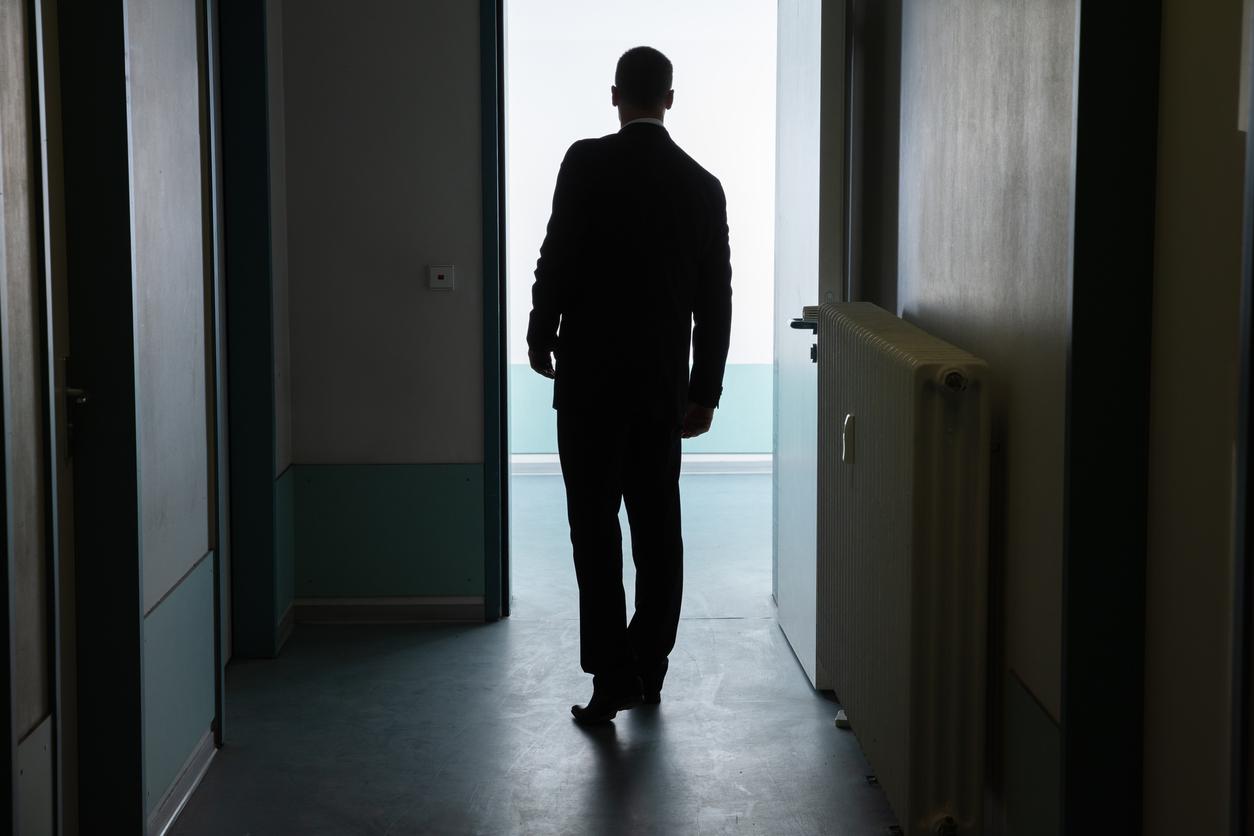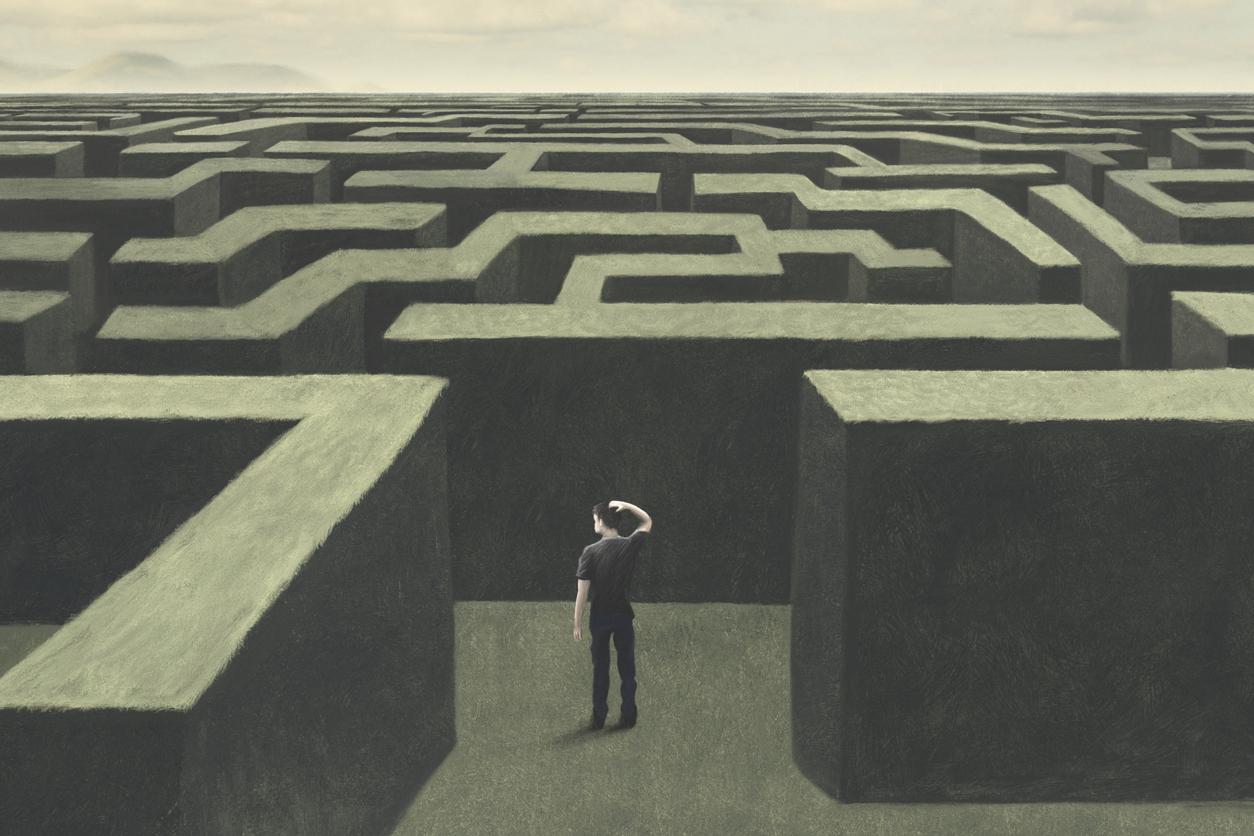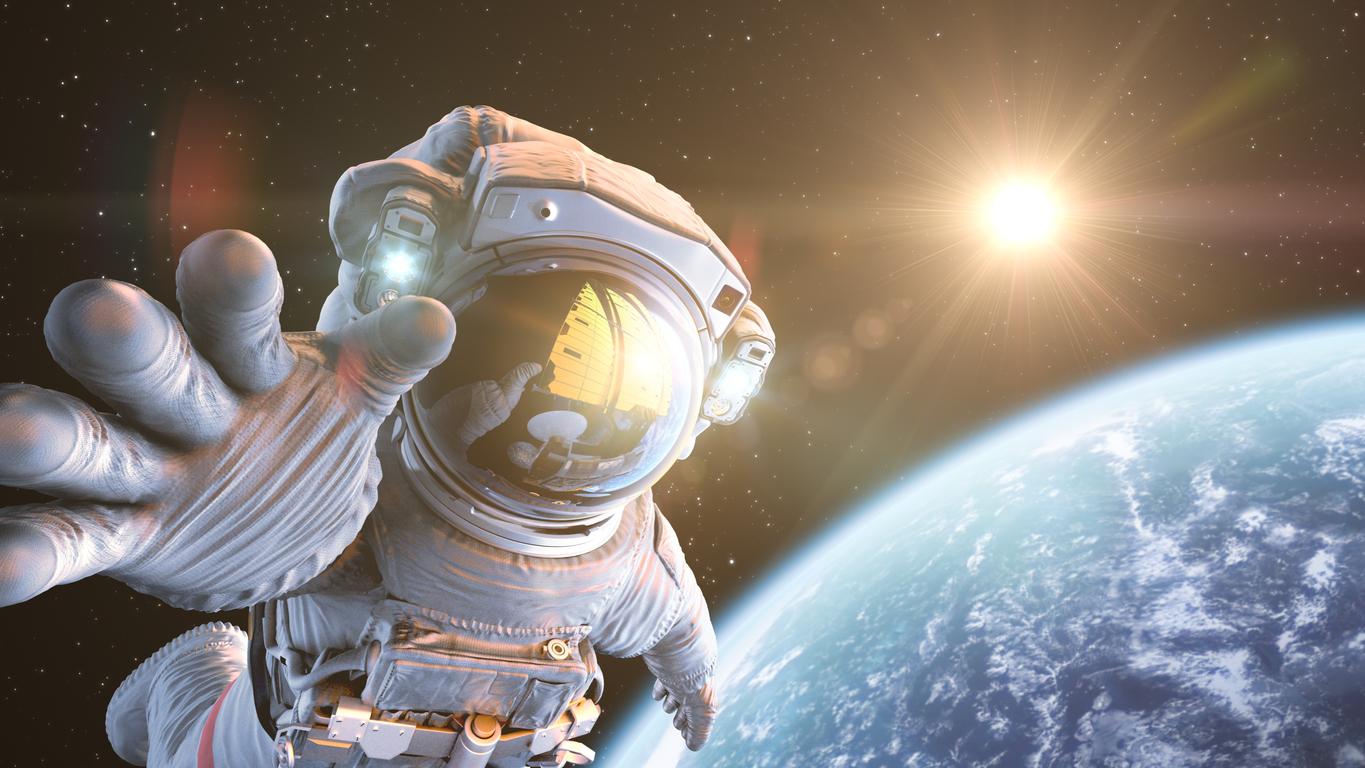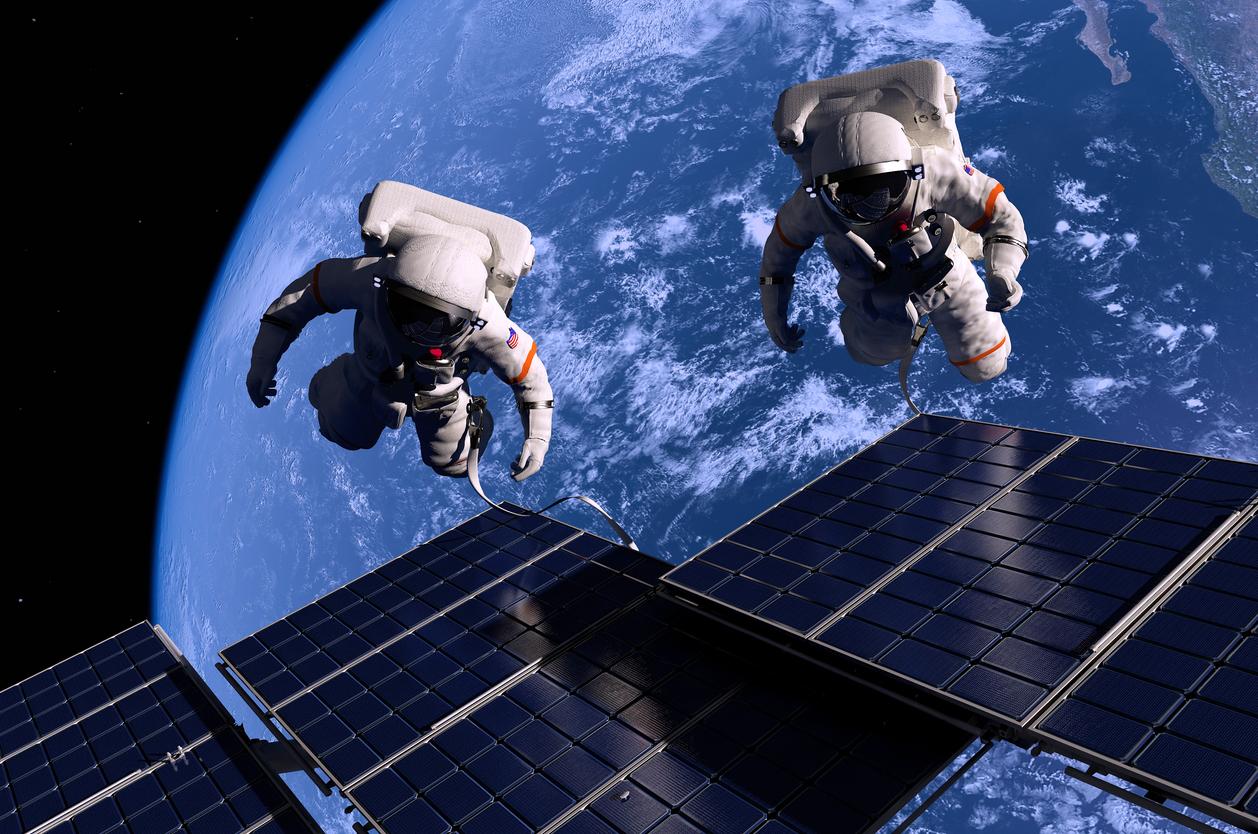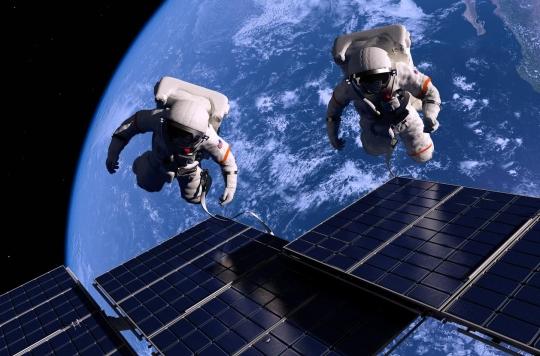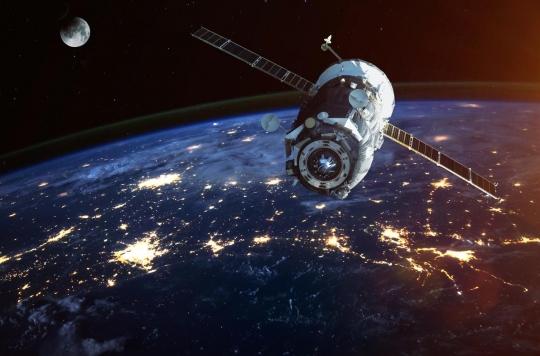Thomas Pesquet’s mission ended on June 2. But it could take months to regain all of his skills from before this long stay in space.

Thomas Pesquet’s mine on his return to earth speaks volumes about the effect of space travel. Bad looks, slightly puffy face, always supported by two people to walk … The astronaut’s dream ended this Friday, and a long physical fight is ahead for him.
Because after more than 190 days in space, the body adapts to weightlessness. On returning to earth, everything seems difficult: “Everything seems very heavy, even his laptop, not to mention his own body. We have the impression that everything is in lead ”, confided, a few days ago, Jean-François Clervoy to Why actor. The former astronaut had carried out three space missions.
Get back on your feet
Astronauts also lose their balance and have difficulty standing. “The vestibular system is no longer calibrated, it is impossible to stand without keeping your eyes open,” continues the astronaut. This disturbance lasts several days and gradually disappears. “
The cardiovascular system is also affected. The heart, in weightlessness, no longer needs all its power to draw blood from the feet to the brain, and atrophies. On returning to earth, it is therefore necessary to increase blood pressure artificially, in order to avoid discomfort.
-20% bone density
But of the many changes the body goes through, loss of bone density is perhaps the most problematic. In six months of weightlessness, astronauts would lose nearly 20% of their bone mass, with symptoms similar to those of osteoporosis. And it will take them several years to recover it.
The body, which no longer has to stand, weakens. Along with bone problems, muscles atrophy by 20% or 30%. Those of the back, neck, calves and thighs in particular, because they are not used much apart from walking and maintaining posture. And this, despite the two hours of sport per day imposed on the inhabitants of the International Space Station (ISS).
The end of the dream
During the coming weeks, Thomas Pesquet will therefore be closely watched. Monitoring that will soon be accompanied by a muscular fitness program. “He must follow a program of physical exercises and medical follow-up to optimize his return to a normal state of earthling and restore his aptitude for space flight,” continues Jean-François Clervoy. This rehabilitation ensures that the astronaut feels completely normal. “
A relative normality: upon returning from space travel, many astronauts suffer from vision problems that they did not have when leaving, and often have to wear glasses: weightlessness distorts the eye sockets, and cosmic rays promote the occurrence of cataracts …
So the best part of the job for Thomas Pesquet is over. The return is brutal, and it is not immune to a little depression, which many astronauts feel in a more or less severe way.
.








